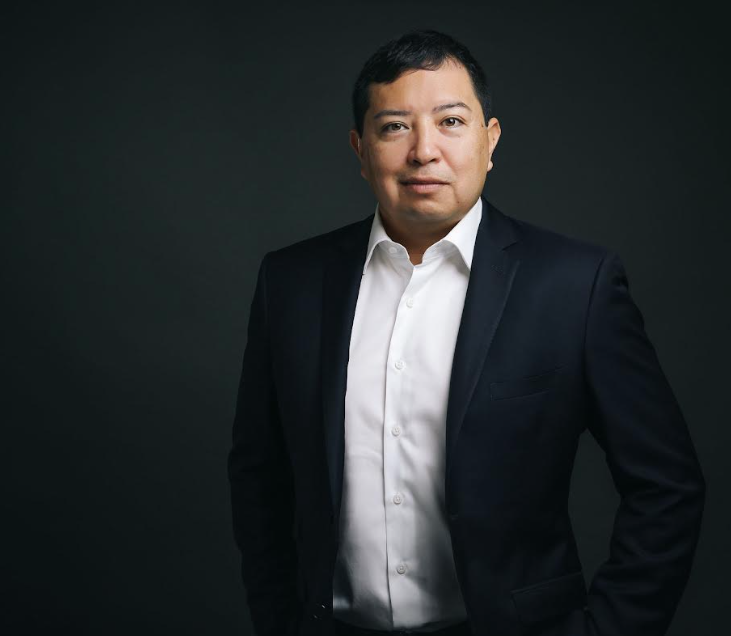
- Details
- By Native News Online Staff
David Sickey has been elected Chairman of the Coushatta Tribe of Louisiana following a decisive victory in Saturday’s runoff election against Crystal Williams. A former Chairman who served from 2017 to 2021, Sickey returns to lead the Tribe after a campaign marked by high voter turnout and strong community engagement.
"This victory belongs to our entire community," said Chairman-elect Sickey on election night. "Tonight, tribal members chose collaborative leadership, transparency, and a government that truly serves its people. I am deeply honored by their trust and ready to get to work immediately."
Sickey’s campaign centered on his “Leading Coushatta Forward” platform, which emphasized transparent governance, cultural preservation, and inclusive decision-making. His approach included a wide-reaching tribal survey and extensive door-to-door outreach to ensure that the voices of tribal members shaped his priorities.
With 18 years of experience in tribal government, Sickey previously guided the Coushatta Tribe through multiple crises, including the COVID-19 pandemic and a series of natural disasters. His first initiatives as Chairman will include launching quarterly community forums, forming Tribal Leadership Councils to expand member participation, and instituting regular feedback systems to support responsive, accountable governance.
"The real work begins now," Sickey added. "We're going to implement the collaborative approach that earned your trust, starting on Day One. Our community deserves nothing less than leadership that listens, acts with integrity, and puts tribal members at the center of every decision."
Sickey advanced to the runoff after receiving the highest number of votes in the initial six-candidate general election held on May 31. Saturday’s result signals broad support for his vision of a more transparent and community-driven tribal government.
Chairman-elect Sickey will be sworn into office on Wednesday, June 11. He has announced plans to release a detailed 100-day implementation agenda shortly after his inauguration.
More Stories Like This
NCAI Passes Two Emergency Resolutions on Immigration Enforcement ActivitiesChickasaw Lighthorse Police Officer named Indian Country Law Enforcement Officer of the Year
Indian Gaming Association Rallies Broad Coalition Against Sports Event Contracts It Calls Illegal Threat to Tribal Sovereignty
Navajo Resources and Development Committee Issues Notice on Livestock Inspection Requirements
American Prairie, Tribal Coalition Files Protest Over Rescinded Grazing Rights
Help us defend tribal sovereignty.
At Native News Online, our mission is rooted in telling the stories that strengthen sovereignty and uplift Indigenous voices — not just at year’s end, but every single day.
Because of your generosity last year, we were able to keep our reporters on the ground in tribal communities, at national gatherings and in the halls of Congress — covering the issues that matter most to Indian Country: sovereignty, culture, education, health and economic opportunity.
That support sustained us through a tough year in 2025. Now, as we look to the year ahead, we need your help right now to ensure warrior journalism remains strong — reporting that defends tribal sovereignty, amplifies Native truth, and holds power accountable.
 The stakes couldn't be higher. Your support keeps Native voices heard, Native stories told and Native sovereignty defended.
The stakes couldn't be higher. Your support keeps Native voices heard, Native stories told and Native sovereignty defended.
Stand with Warrior Journalism today.
Levi Rickert (Potawatomi), Editor & Publisher


